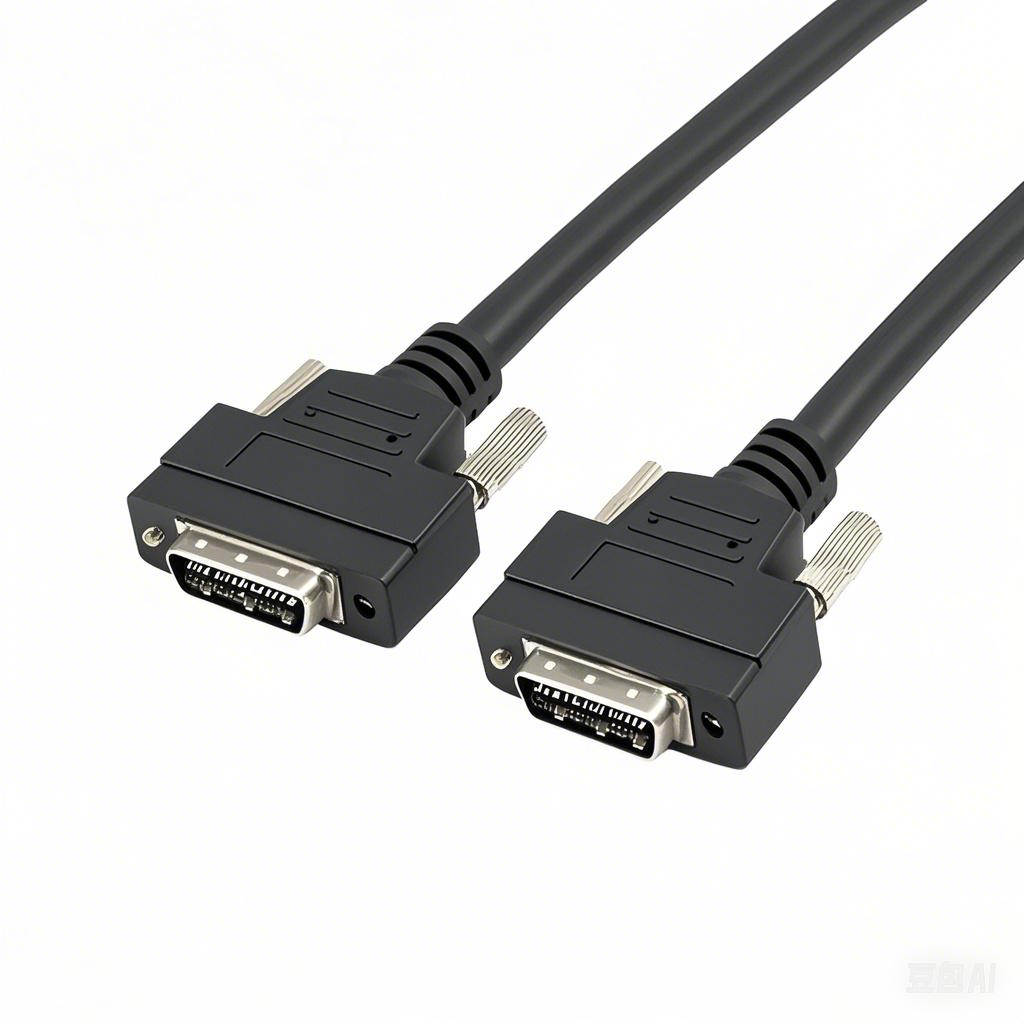Can machine cable be used in food processing plants?
The answer is yes, but with specific considerations. Food processing plants are complex environments with unique challenges, and not all machine cables are suitable. To ensure safe and efficient operation, it is crucial to select machine cables that meet the stringent requirements of these settings.
Food processing plants are often characterized by high levels of moisture. Whether it is from cleaning processes, steam used in cooking, or the inherent moisture in food products, cables in these environments must have excellent waterproof properties. Ordinary machine cables may not withstand prolonged exposure to moisture, leading to short circuits and equipment failures. However, specially designed machine cables with waterproof jackets and insulation materials can effectively resist moisture penetration. These cables are made from materials such as cross-linked polyethylene (XLPE) or ethylene propylene diene monomer (EPDM), which have strong water resistance, ensuring reliable performance even in wet conditions.
High temperatures are another common feature in food processing plants. Baking, boiling, and sterilization processes can create elevated temperature environments. Machine cables used here must be able to withstand these high temperatures without degradation. Cables with high-temperature resistant materials like silicone rubber or fluoropolymers are ideal. These materials can maintain their insulation and structural integrity at temperatures ranging from 100°C to 200°C or even higher, preventing insulation breakdown and ensuring the safe transmission of electrical signals.
Chemical exposure is also a significant concern. Food processing involves the use of various cleaning agents, disinfectants, and lubricants, many of which are corrosive. Machine cables must be resistant to these chemicals to avoid damage to the cable jacket and insulation. Cables with chemical-resistant coatings or made from materials like polyvinyl chloride (PVC) with added chemical stabilizers can resist the corrosive effects of common chemicals used in food processing, extending their service life and reducing the risk of electrical hazards.
Hygiene is of utmost importance in food processing plants. Machine cables must not harbor bacteria or contaminate food products. Cables with smooth, non-porous surfaces are easier to clean and less likely to trap dirt and bacteria. Additionally, some cables are designed to be compatible with clean-in-place (CIP) and steam-in-place (SIP) processes, which are essential for maintaining hygiene standards. These cables can withstand the high-pressure water and steam used in these cleaning processes without being damaged.
Mechanical stress is another factor to consider. Food processing machinery operates continuously, with frequent movement and vibration. Machine cables must be flexible and durable to withstand repeated bending, twisting, and abrasion. Cables with stranded conductors and flexible jackets are better able to handle these mechanical stresses, reducing the risk of cable breakage and ensuring continuous operation of the equipment.
Compliance with industry standards is non-negotiable. Machine cables used in food processing plants must meet relevant safety and hygiene standards, such as those set by the Food and Drug Administration (FDA) in the United States or the European Food Safety Authority (EFSA) in Europe. These standards ensure that the cables are made from materials that are non-toxic and do not leach harmful substances into food products.
In conclusion, machine cables can be used in food processing plants, but only those that are specifically designed to meet the unique challenges of these environments. By selecting cables with waterproof, high-temperature resistant, chemical-resistant, hygienic, and mechanically durable properties, and ensuring they comply with industry standards, food processing plants can ensure the safe and efficient operation of their machinery.
When it comes to reliable machine cables for food processing plants, FRS brand factory is a trusted choice. FRS manufactures machine cables that are specifically engineered to meet the demanding requirements of food processing environments. Their cables feature excellent waterproof, high-temperature resistant, and chemical-resistant properties, ensuring long-term performance and safety. With a focus on quality and compliance with industry standards, FRS machine cables are the ideal solution for food processing plants looking for reliable and hygienic cable solutions.











